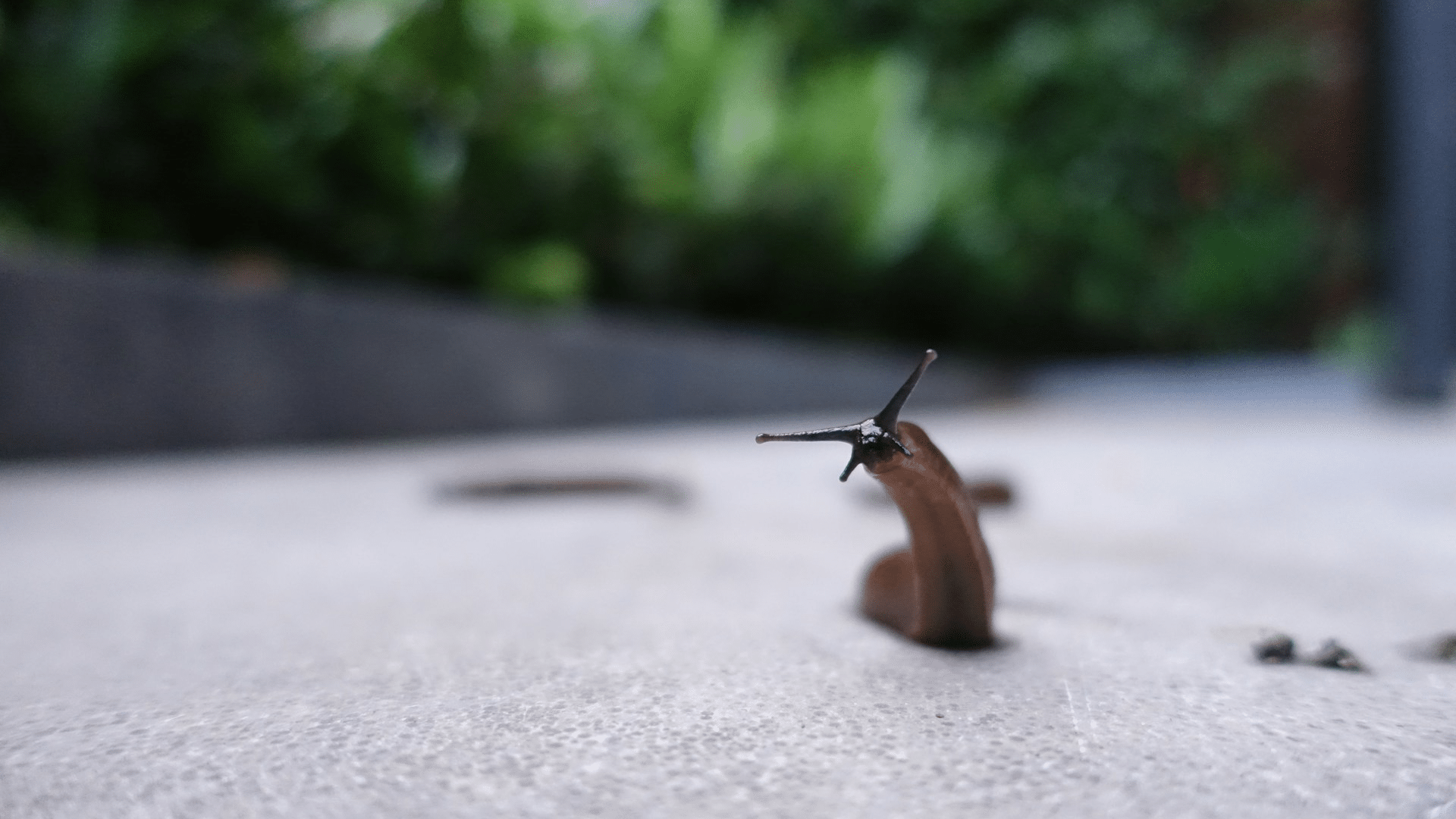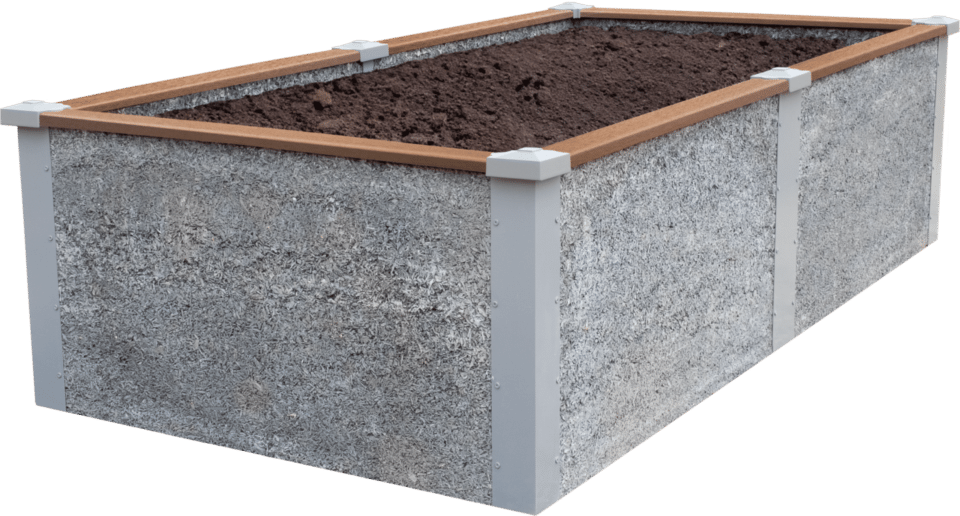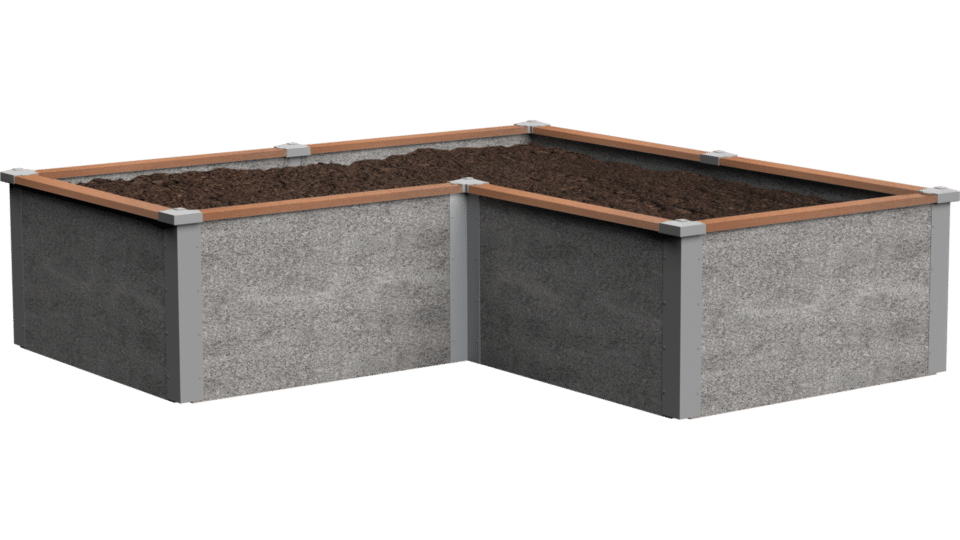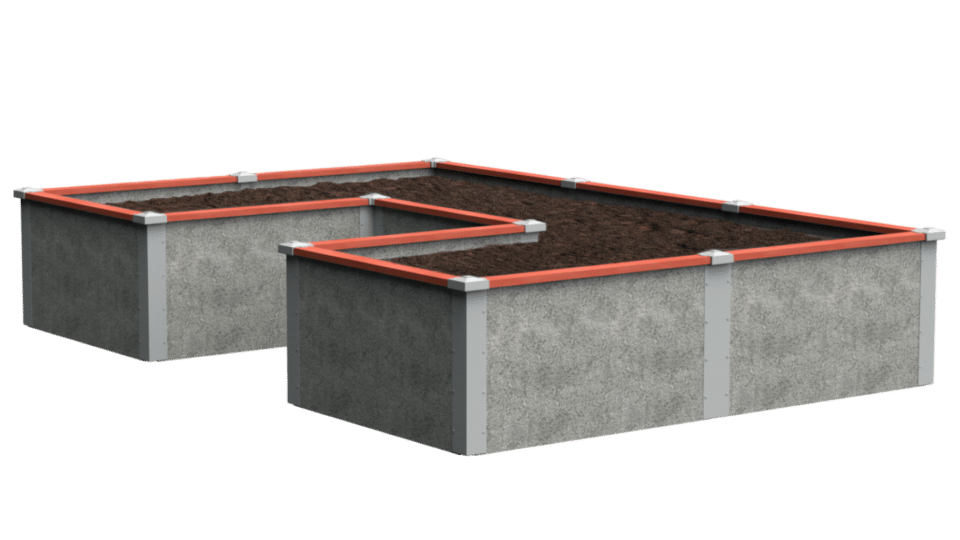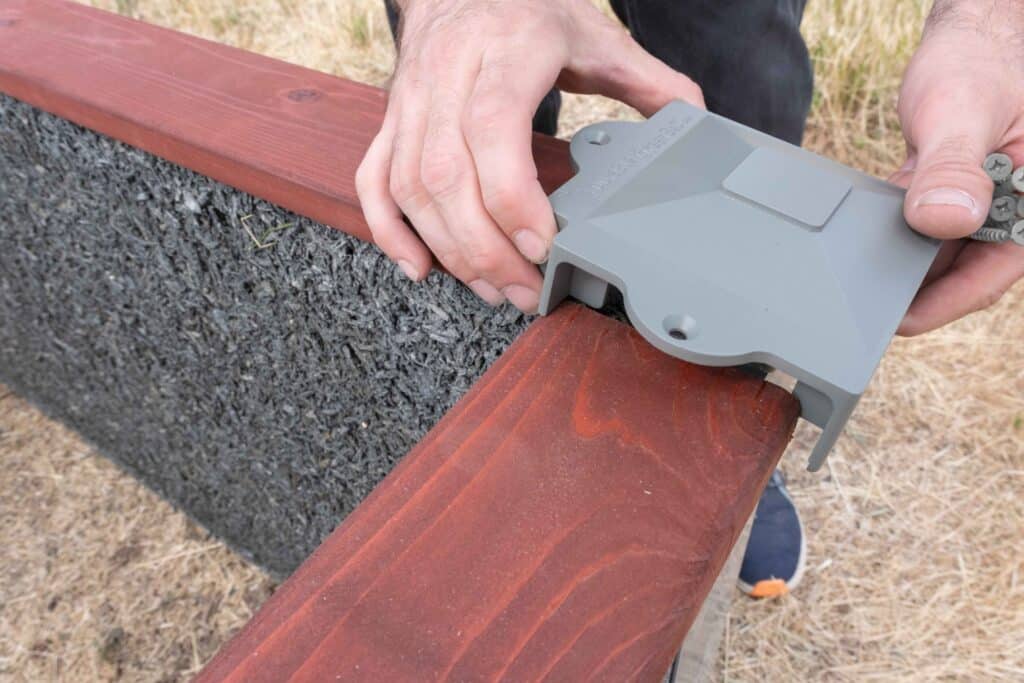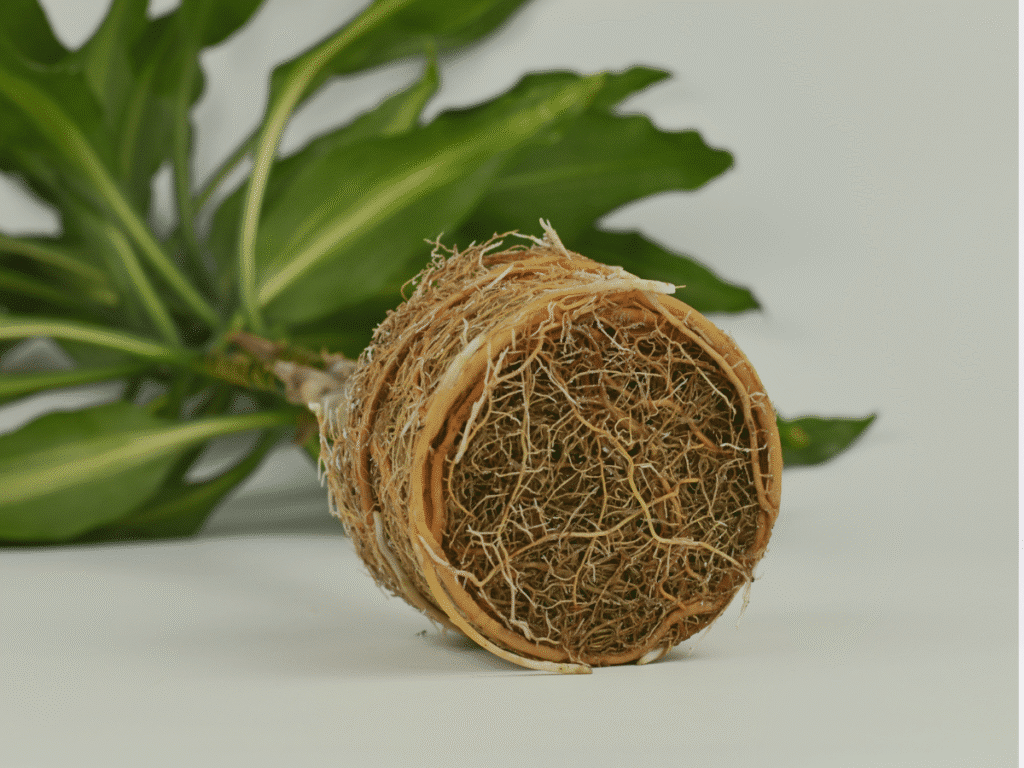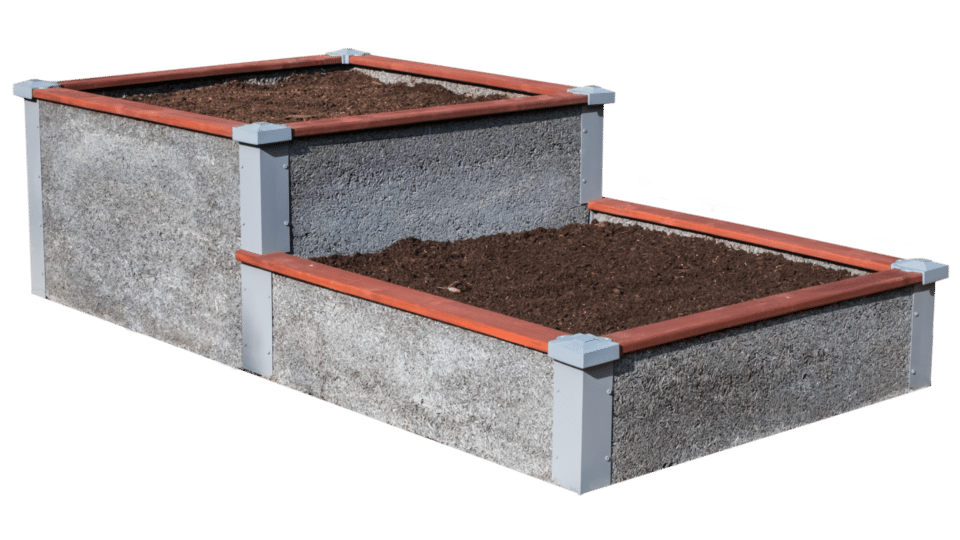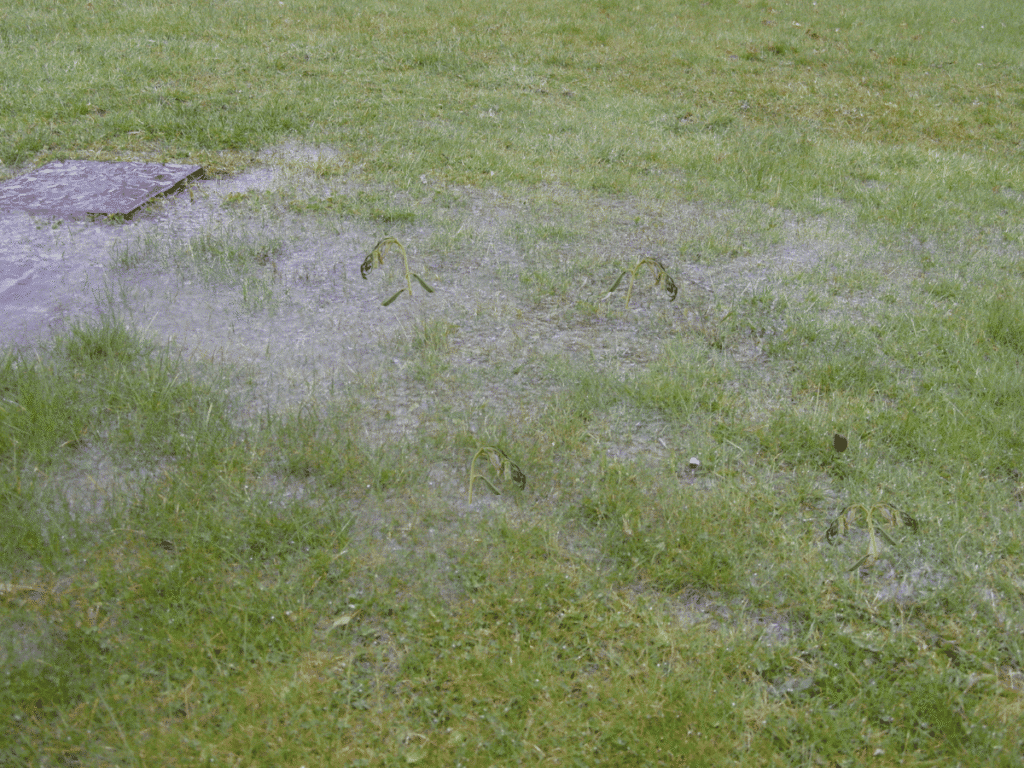
Slugs and other slimy creatures love to make a meal out of home gardens. They act as pests by nibbling on your plants or injuring seedlings. However, there are several ways to address a slug problem. Continue reading to learn how to get rid of slugs permanently as well as prevent an infestation off the bat.
Slug Prevention
The best way to discourage an infestation of slugs is by creating an unfavorable habitat for them. Slugs tend to thrive in moist, dark environments, so try and create drier, lighter conditions in your garden. You can achieve this by:
- Modifying your watering practices: Water plants in the morning so they can dry before evening from the sun’s rays.
- Removing hiding places: Spread out crowded plants, and remove boards or buckets that could provide hiding places. Leaving space between plants and clearing out your garden will improve air circulation and keep slugs at bay.
- Using a Garden Bed: Raised garden beds, such as Durable GreenBeds, have been shown to be highly effective in preventing slugs. In fact, seasoned gardeners have been reporting to us that upon switching to Durable GreenBeds, their gardens have become slug-free for the first time in their gardening careers. This is because raised garden beds have breathable walls that won’t waterlog your soil, and this improved air flow helps create a drier environment. Additionally slugs don’t like to crawl along the rough woodcrete surface that Durable GreenBed panels are made of. With the combination of these tactics, your garden will prove uninhabitable for slugs
Natural Deterrents
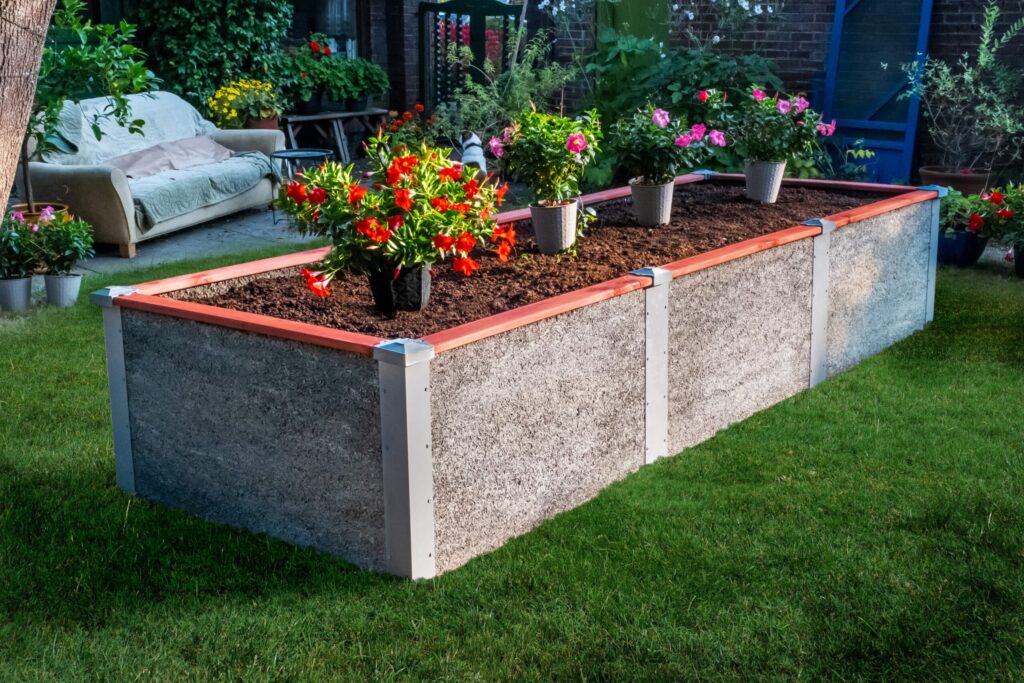
How to Get Rid of Slugs in Your Garden Naturally
There are several plants you can buy for your garden that repel slugs naturally, without chemicals. Consult this list of aromatic, slug-resistant plants that can naturally deter slugs with their strong stench or spiky leaves:
- Lavender: This pungent herb with purple flowers, is considered slug-proof because of its strong scent.
- Spurges: These plants have milky sap that taste bitter, making them repellent to pests.
- Geraniums: Geraniums can be upsetting for slugs to eat because of their hairy stems and leaves.
- Rosemary: The mildly astringent fragrance of rosemary repels slugs.
- Ferns: The thin and spiky leaves of ferns are close to impossible for slugs to eat.
- Marigolds: These flowers have been known to repel slugs and mosquitoes.
- Japanese anemones: These flowers are resistant to slugs, snails, and rabbits.
- Aquilegia: The leaves of this plant are poisonous, so slugs and snails generally don’t eat them.
- Garlic, onions, mint and other plants with an intense odor can also repel slugs.
Plant these natural slug repellents on the border of your garden to guard the rest of the garden from invasive slugs. However, if you’re not looking to add extra plants to your garden, there are also other alternatives.
Can coffee grounds repel slugs?
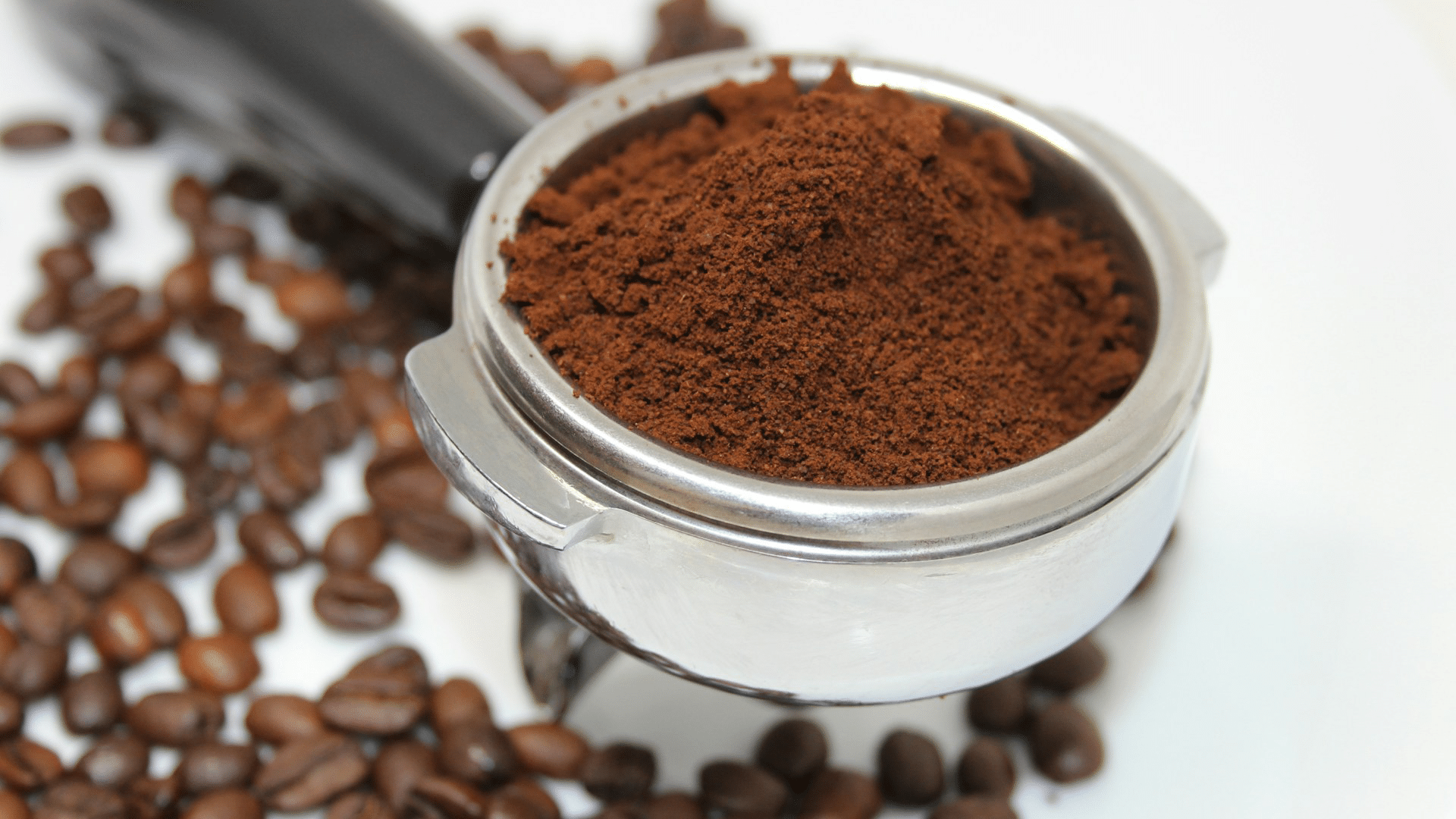
Yes, coffee grounds are known to repel slugs because they contain caffeine, which is toxic to slugs and snails. You can apply coffee to your garden by brewing a strong pot of coffee, letting it cool, then pouring it into a spray bottle and spraying the plants and soil in your garden, targeting moist, shady spots. Depending on the coffee bean, its caffeine concentration alone may not be high enough to deter slugs, but the strong scent of it can be enough to prevent slugs from entering your garden.
Alternatively, you can set out bowls of grounds or sprinkle them around the target areas. Coffee grounds can also repel other bugs like mosquitos, beetles, and fruit flies and can improve the soil by adding nitrogen and helping with water retention and drainage. However, grounds are acidic, and if placed on top of soil directly, they can inhibit the growth of certain plants, so be cautious of how much you add.
How Do You Get Rid of Slugs in the Garden with Beer?

You can set a trap for snails by placing small, shallow containers filled with beer in your garden to dispel slugs. The beer trap works because the yeast in the beer will attract slugs, then they will drown in the liquid. Bury the containers in soil, leaving the rim out so the slugs can crawl in, and try to place them in shady spots. Empty the containers and refill them with beer every three days.
Does Vaseline Stop Slugs?
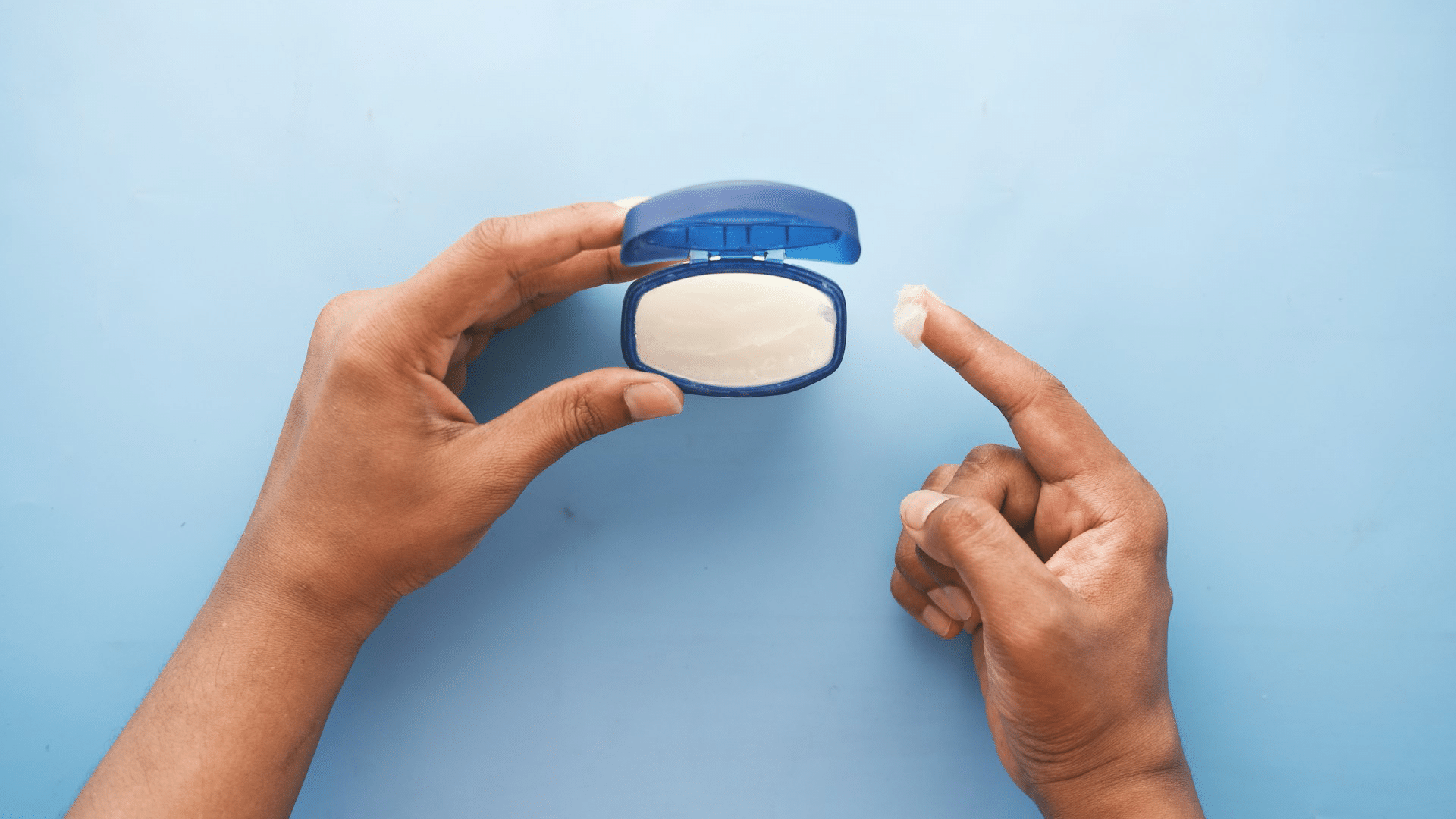
Petroleum jelly can work to protect plants from slugs by making it difficult for them to crawl across because of its slippery texture. However, vaseline works best with potted plants or raised garden beds because it allows gardeners to apply the jelly along the circumference of the garden in a way that makes it difficult for slugs to crawl into the main garden.
How Do You Use Copper Tape to Prevent Slugs?
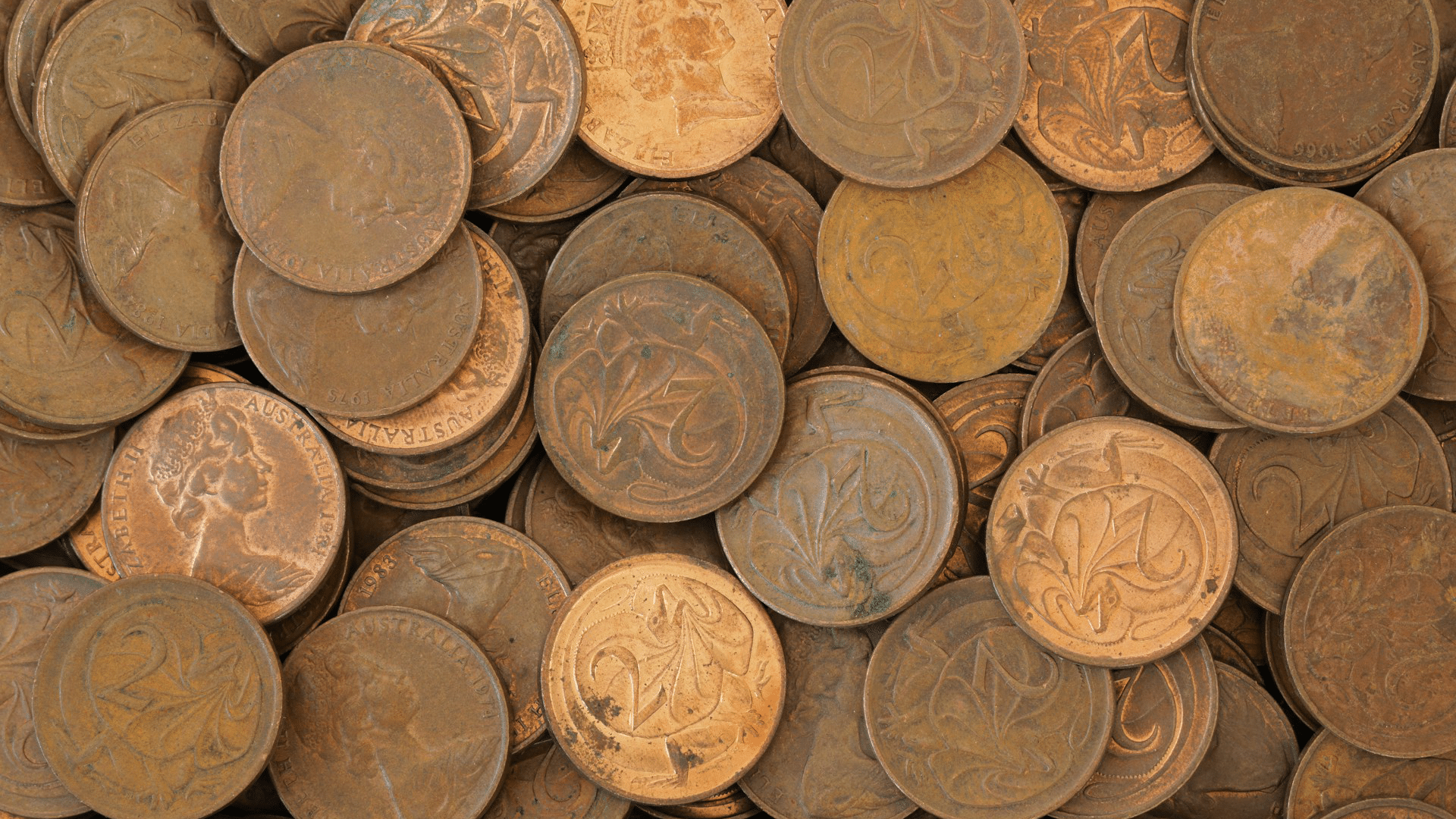
In a similar fashion to smearing vaseline, applying copper tape around the edges of pots or raised garden beds can also work as an effective barrier to deter slugs. This is because copper tape creates a small electric shock when slugs touch it, which doesn’t hurt them but can keep them away. Oftentimes gardeners like copper tape because it’s long-lasting, rust resistant and environmentally friendly. Make sure there aren’t any gaps where slugs could pass through, and that the tape has a high percentage of copper alloy and is at least 4 cm wide for maximum effectiveness. The materials of GreenBeds beds act as a similar barrier to copper tape and make it more difficult for slugs to make their way into their garden. Click here to learn how raised garden beds have changed the lives of experienced gardeners.
What Are Some Other Methods to Banish Slugs for Good?
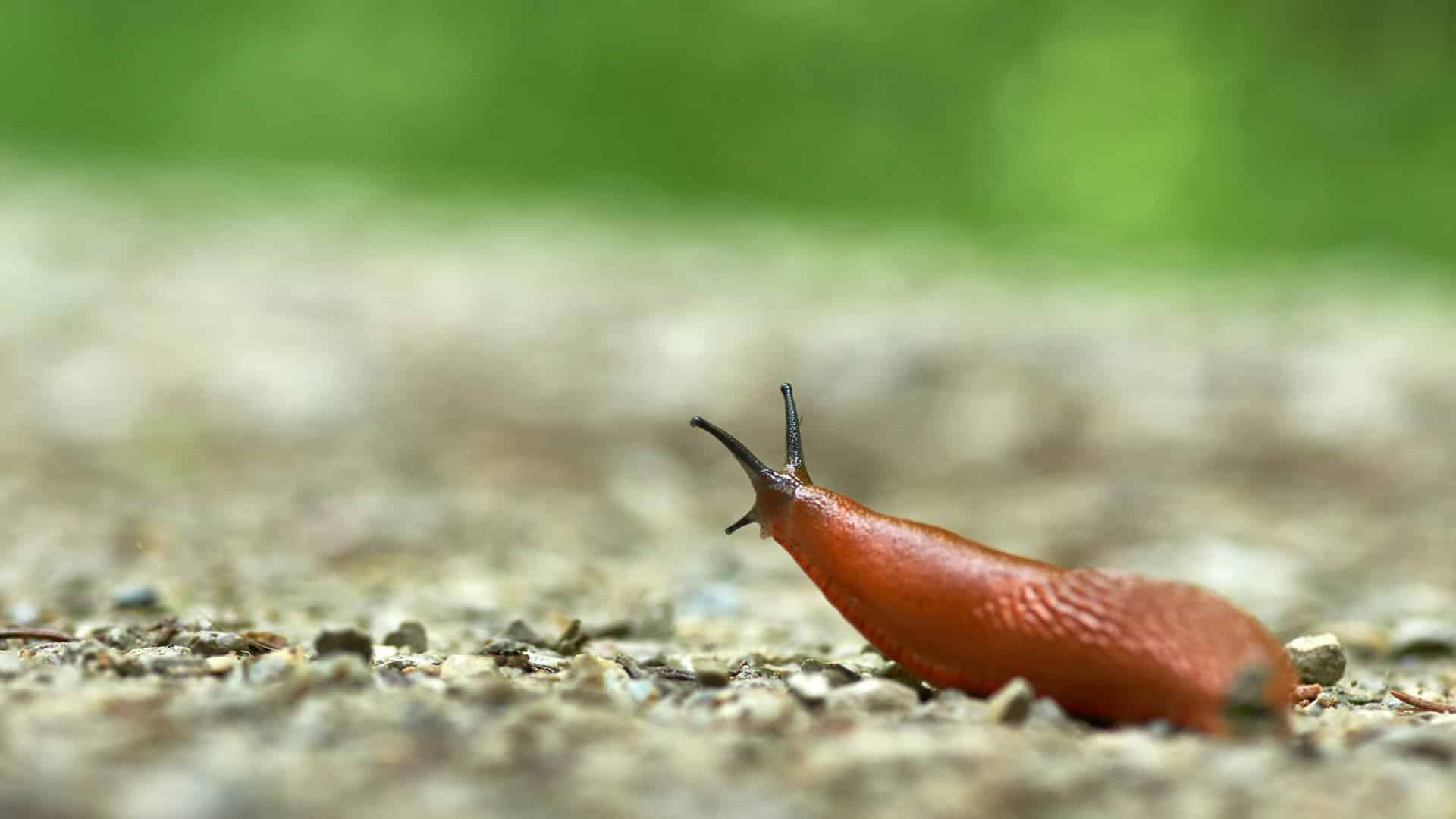
If none of these methods are viable, there are still other options for you. For one, you could try sprinkling diatomaceous earth on the ground around plants, which kill or injure slugs as they move on it without harming other plants or people. Salt is another natural remedy that dehydrates and kills slugs, but make sure not to use too much, or it could harm the soil.
As a rule of thumb, slugs don’t like to crawl over sharp substances, so you could spread things like crushed eggshells, broken nutshells, or wood ash to discourage them from getting into your garden.
Finally, you can always pick off slugs by hand. That being said, it’s important to always wear gloves when handling slugs and snails, as they can carry infectious diseases. For more information, consult this article from the Center for Disease Control and Prevention.
Following these expert tips, your garden will be restored to its full potential. For more gardening tips and inspiration for creating a show-stopping array of plants in your garden, check out our blog.
There's Nothing Like Durable GreenBeds
It's the Walls!™
- Breathable
- Well Draining
- Higher Yields
- Prevents Slugs and Pests
- Non-Toxic
- 20-25 Year Lifespan
Shop Durable GreenBed Kits
-
Rectangular Raised Garden Bed Kit
$471.00 – $2,085.00Price range: $471.00 through $2,085.00 Select options This product has multiple variants. The options may be chosen on the product page -
L-Shaped Raised Garden Bed Kit
$786.00 – $1,305.00Price range: $786.00 through $1,305.00 Select options This product has multiple variants. The options may be chosen on the product page -
U-Shaped Raised Garden Bed Kit
$1,199.00 – $2,446.00Price range: $1,199.00 through $2,446.00 Select options This product has multiple variants. The options may be chosen on the product page
Shop Durable GreenBed Raised Garden Bed kits
-
Rectangular Raised Garden Bed Kit
$471.00 – $2,085.00Price range: $471.00 through $2,085.00 Select options This product has multiple variants. The options may be chosen on the product page -
L-Shaped Raised Garden Bed Kit
$786.00 – $1,305.00Price range: $786.00 through $1,305.00 Select options This product has multiple variants. The options may be chosen on the product page -
4’x8’ Stepped Raised Garden Bed Kit
$865.00 – $1,073.00Price range: $865.00 through $1,073.00 Select options This product has multiple variants. The options may be chosen on the product page -
U-Shaped Raised Garden Bed Kit
$1,199.00 – $2,446.00Price range: $1,199.00 through $2,446.00 Select options This product has multiple variants. The options may be chosen on the product page

